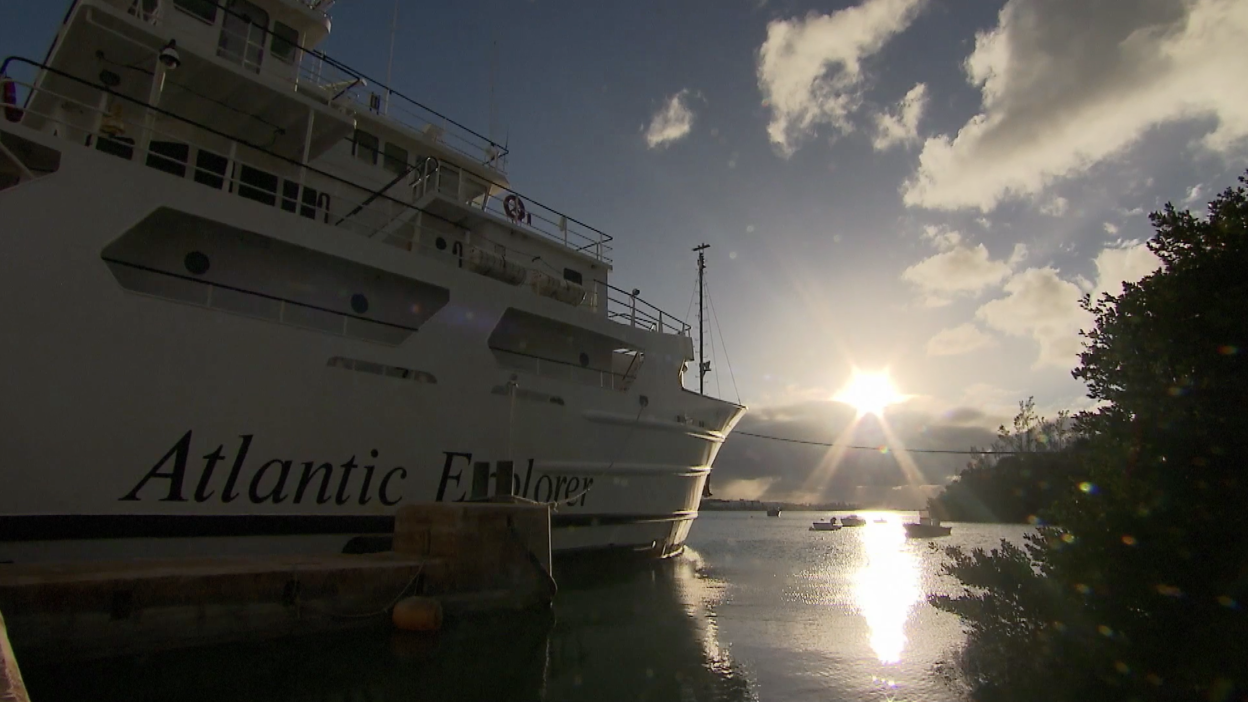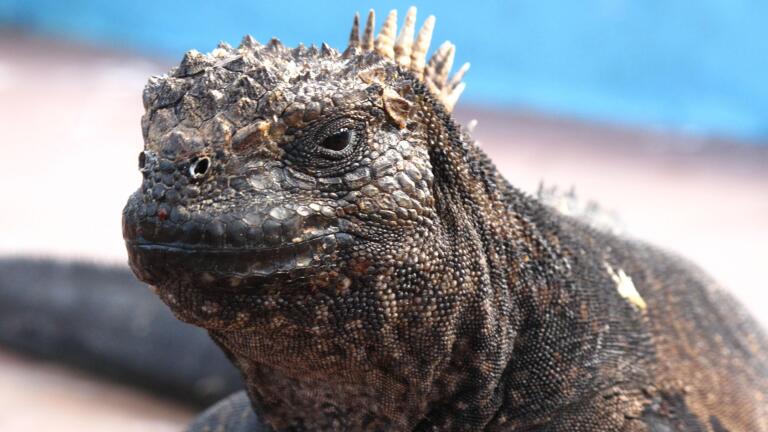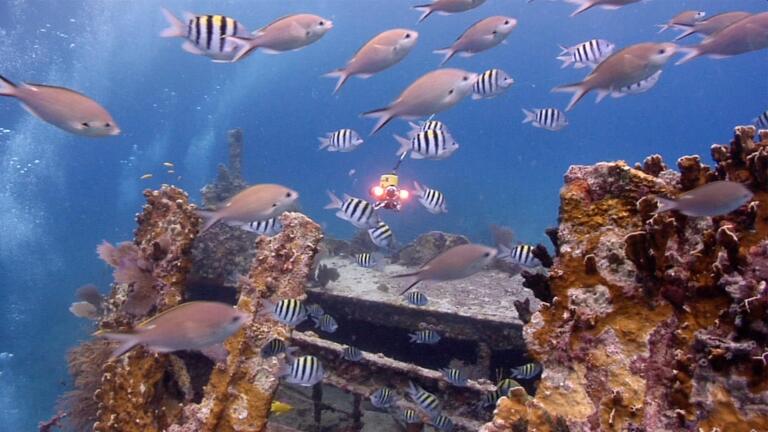
Access to this video is a benefit for members through PBS Passport.
Back to Show
Changing Seas
The Fate of Carbon
Season 9
Episode 903
For millennia, the exchange of CO2 between the oceans and atmosphere has been in balance. Now, with more anthropogenic carbon-dioxide in the atmosphere, the oceans are taking up more CO2 as well. This negatively impacts sensitive ecosystems through a process called ocean acidification, and scientists worry how changes to the ocean environment will affect the way carbon is cycled through the seas.
Support Provided By

Unlock with PBS Passport
26:44
Researchers provide data necessary to protect fish populations from further decline.

Unlock with PBS Passport
26:42
Researchers study what impact ecotourism might have on southern stingrays.
Unlock with PBS Passport
26:43
Researchers are beginning to understand where turtles go during their “lost years.”

Unlock with PBS Passport
26:54
Scientists conduct research to save the Smalltooth Sawfish.

Unlock with PBS Passport
27:02
Scientists spend a month in the Galapagos Islands to conduct research.

Unlock with PBS Passport
26:54
The world’s largest known aggregation of whale sharks occurs just off the coast of Cancun.

Unlock with PBS Passport
26:48
Discover Crinoids which have been around since before the age of Dinosaurs.

Unlock with PBS Passport
26:46
The Changing Seas team meets with researchers in French Polynesia.

Unlock with PBS Passport
26:46
New research sheds light on the lives of mysterious creatures of the deep.

Unlock with PBS Passport
26:45
Divers from around the country learn how to map shipwrecks.

Unlock with PBS Passport
26:45
Follow one scientist studying coral in Belize.

Unlock with PBS Passport
27:14
Scientists studying the coastal Everglades make some perplexing discoveries.











